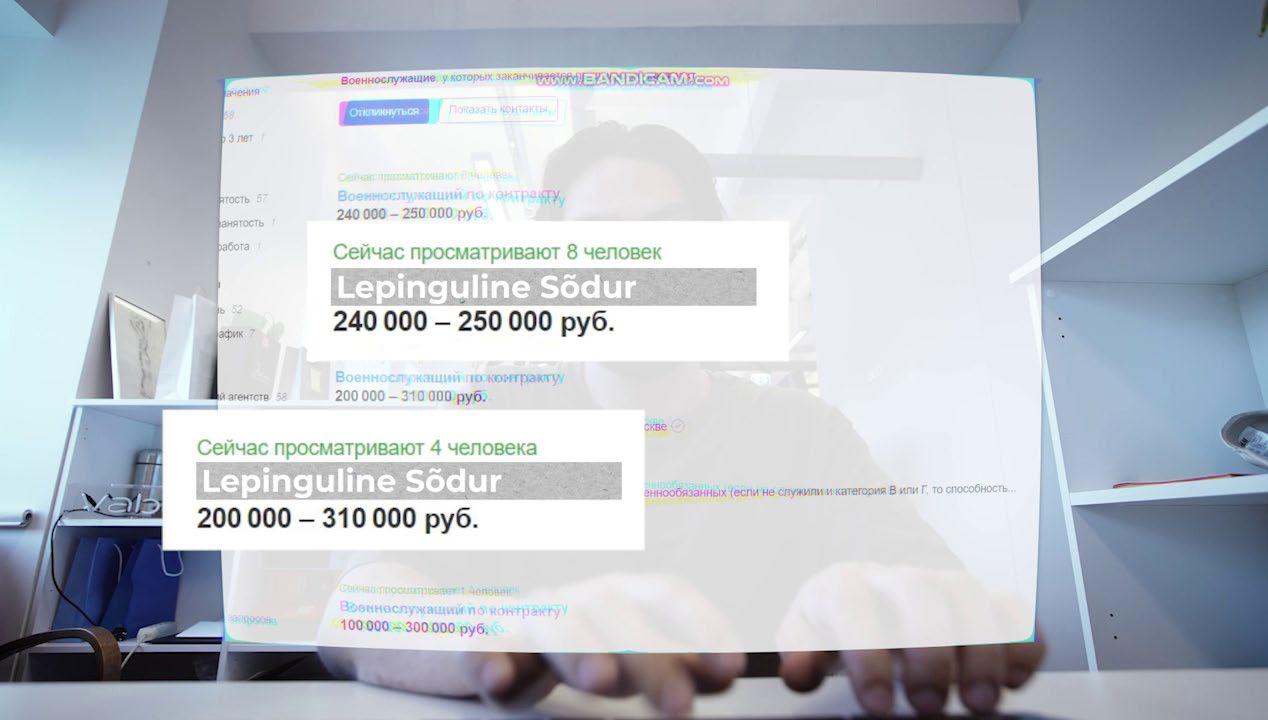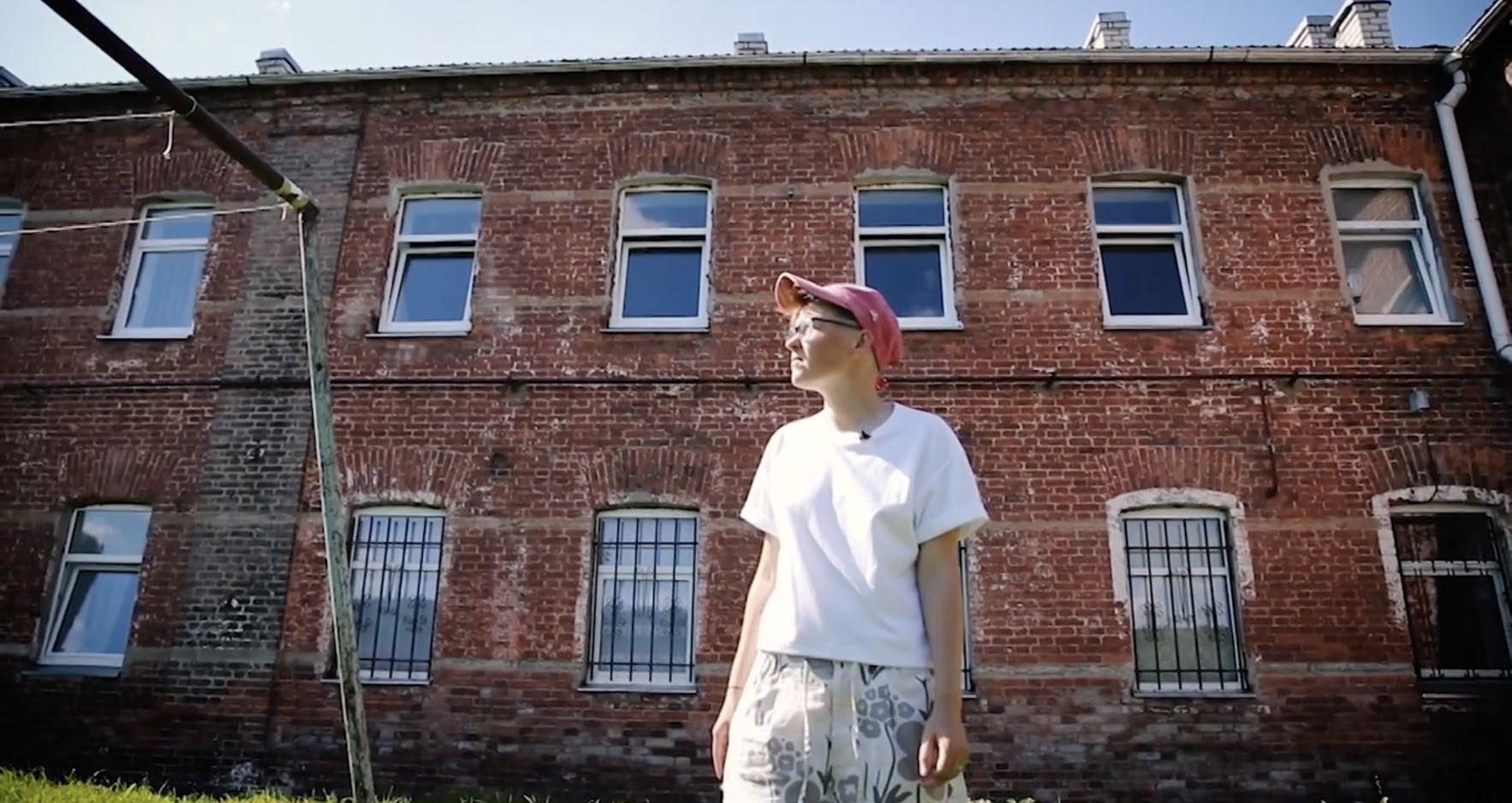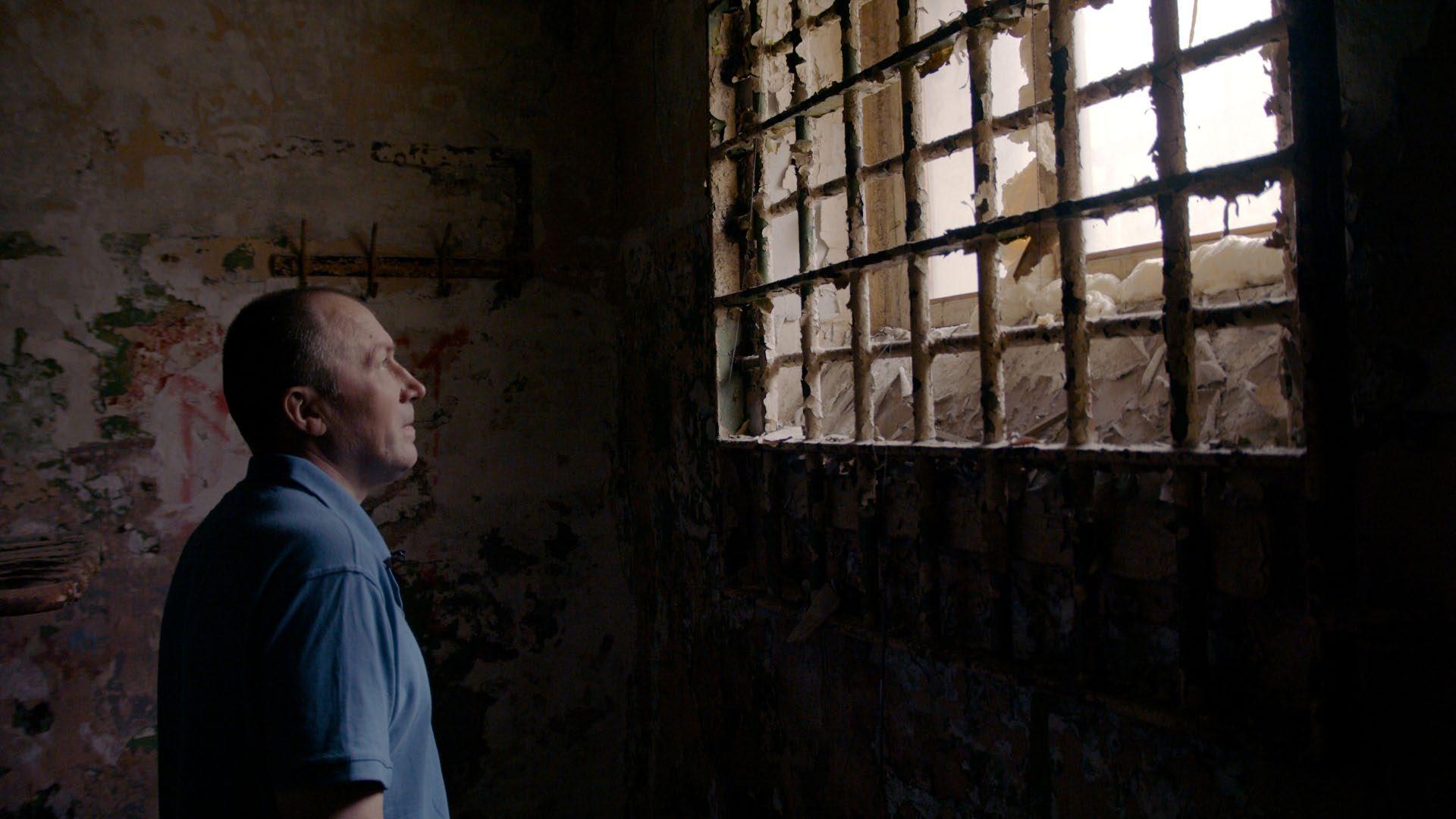
3 minute read
CONTINUOUS WORK GUARANTEES SUCCESS
We, the jury members, entered the room with our favourite already chosen. But the more we watched and discussed the videos, the more a new favourite emerged - it was in our shortlist already before, but not at the top spot. Watching and analysing together, you can find flaws even in the best work, right?
While the story of the girl from Narva didn’t really resonate with everyone, and Levila’s story got off to a bit of a slow start, Delfi TV’s experiment of calling to the registration and enlistment offices of the Russian military commissariats in response to job advertisements on employment portals clearly showed how poor the Russian army system is, and how short the training is before the recruits are turned into cannon fodder for a few hundred euro salary.
Advertisement
Could a written article have conveyed it as vividly? Hardly. The recruiter’s bored sigh, or the information given in an indifferent tone of voice that training takes three or four days, not a few months, would be difficult to narrate in text. Appropriate graphics were used in the story, so the viewer could clearly understand where the job seeker was calling.
Nearly 40 entries were submitted to this year’s Press Video Competition. Authors are generally quite self-critical when reviewing their work before submitting it, and don’t tend to overwhelm the jury with a mass of entries. Delfi, Eesti Ekspress, Õhtuleht, Tartu Postimees, Postimees and Levila took part of the competition. Of course, it would be more accurate to say that six or seven creative collectives or authors submitted their work - the circle of people who have the time and the means to make press videos, or for whom a press video is a matter of the heart, is narrow.
I suppose, it is a question of the money spent and how much it will bring back in return, but it’s great to see that at least one media group has managed to produce video content for 15 years in a row by now.
Delfi TV has been able to maintain video production consistently, even though with its ups and downs. Other media groups have also started off strongly and loudly, but then things have largely stagnated. Recent years have seen the emergence of new production models in journalism: Levila, which lives on donations and patronage, is a place where documentary-worthy content can also be created.
Online video has a bright future. According to the 2023 forecast of the Reuters Institute, 67 percent of the world’s publishers have promised to invest in digital video - whether it be live broadcasts, short form, or longer documentaries. This puts video production in third place behind podcasts and newsletters, even ahead of multimedia content creation.
I hope that the current slump will be overcome in Estonia as well, and that there will be more and more media houses where it makes sense to employ people whose priority is video production. You can produce content for a while with the enthusiasm of the authors, but every enthusiasm disappears if it does not have the support of the company and the publication. You need continuity to build something - you can’t throw out the whole format and the way of storytelling that we increasingly watch on our phones only because of a change of management or an inept or non-existent product manager.
Good times are ahead for press video. But does the same apply to all media groups also?
Ester Vaitmaa Head of the jury of the Press Video Competition Creative Director of Delfi Meedia
TÖÖPORTAALI VAHENDUSEL
SÕTTA: DELFI UURIS, KUIDAS KÄIB
VENEMAAL VÄRBAMISKAMPAANIA
Millisele positsioonile kandideerin: kassapidajaks, müügimeheks, snaipriks? Delfi TV uuris, kuidas Vene armee tööportaalidest lisajõudu värbab ning avastas, et rindele pääsemine on eeldatust hõlpsam.
TO THE WAR WITH THE HELP OF AN EMPLOYMENT WEBSITE: DELFI INVESTIGATED HOW THE RECRUITMENT CAMPAIGN IN RUSSIA WORKS
What position am I applying for: cashier, salesman, sniper? Delfi TV investigated how the Russian army recruits additional forces from job portals and discovered that getting to the front is easier than expected.
LUGU NARVA ELANIKUST, KEL MARKER TASKUS, ET SÕJASÜMBOLITELE KRIIPS PEALE TÕMMATA
„Narva linnas ei leidu tegelikult neid märke üleliia – mulle tundub, et linn eemaldab need väga kiiresti,“ ütleb viimased viis aastat piirilinnas elanud Maria. Ja kui mõni Z-täht linnapildis silma hakkabki, võtab ta taskust markeri ja n-ö täiendab seda. Delfi TV persoonilugu Instagrami konto @boringnarva loojaga.
The Story Of A Resident Of Narva Who Has A Marker In Her Pocket To Strike Through The War Symbols


“In Narva, you don’t really find too many of these markings - it seems to me that the city removes them very quickly,” says Maria, who has lived in the border town for the past five years. And when a Z symbol catches her eye in the cityscape, she takes a marker out of her pocket and complements it in her own way. Delfi TV’s profile about the creator of the Instagram account @boringnarva.
Andres Haabu, Sander Punamäe / Levila
H Rra S Da
Endise sõjaväelase ja nüüdse riigikogu liikme Leo Kunnase nimi võiks olla Härra Sõda. Sest sõjale on ta elanud ja sellest isegi raamatuid kirjutanud. Ukrainas kestva sõja tõttu vaatavad paljud inimesed tema hoiatusi uue pilguga.


Mr War
Leo Kunnas, a former military officer and now member of the Parliament, could be called Mr War. Because he has dedicated his life to war and even written books about it. The ongoing war in Ukraine has forced many people look at his warnings from a new perspective.






